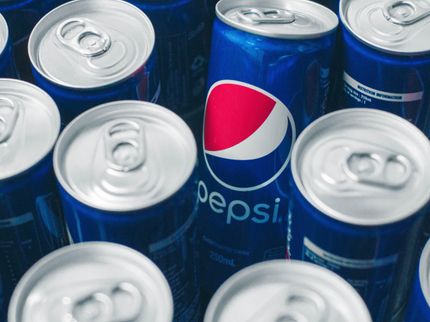Majority of British beverage manufacturers now see soft drink tax positively
Advertisement
In the debate about a sugar tax as part of the National Diabetes Strategy, it is worth taking a look at Great Britain: There, 60 percent of the beverage manufacturers are now positive about the sugar levy on soft drinks introduced in 2018. Only 10 percent see negative effects. Before its introduction, the industry had vehemently rejected it. The tax has led to a significant reduction in the sugar content of soft drinks. "If even the manufacturers benefit from a sugar reduction in the end, there is no reason why this target should not be made binding for Germany as well," said Professor Dr. Monika Kellerer, President of the German Diabetes Society (DDG).

Symbol image
Photo by Josh McLain on Unsplash
Currently, the German national diabetes strategy is threatened with failure due to the issue of sugar reduction.
The survey was conducted at the British Soft Drinks Association Congress in May 2019 and asked company representatives what challenges they currently see for the beverage industry. The topic sugar/overweight/health was ranked second, behind the topic plastic/sustainability/garbage. "British industry obviously recognises its responsibility for the health of its customers," says Kellerer, "German politics and industry must not be left behind in this respect.
The British soft drinks tax has been levied since April 2018. It is 18 pence (21 cents) per litre if the drink contains 5 grams or more of sugar per 100 ml. From 8 g of sugar it rises to 28 pence (33 cents). The average sugar content in soft drinks has thus fallen from 4.4 to 2.9 grams of sugar (Oxford University study). Most importantly, sales of medium and high-sugar drinks (i.e. those that are taxed) have halved.
At the same time, the sale of water and low-sugar drinks has increased by 40 percent. "A reduction of sugar in food is possible," says Kellerer, "so this goal, along with a ban on advertising unhealthy foods to children, must be part of the National Diabetes Strategy.
Note: This article has been translated using a computer system without human intervention. LUMITOS offers these automatic translations to present a wider range of current news. Since this article has been translated with automatic translation, it is possible that it contains errors in vocabulary, syntax or grammar. The original article in German can be found here.





























































